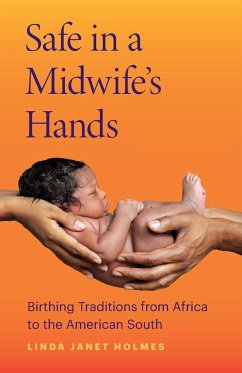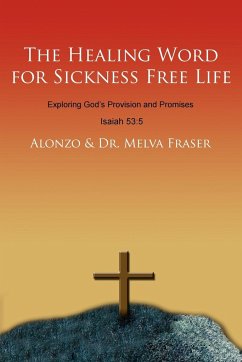
Safe Word
No
Versandkostenfrei!
Nicht lieferbar
The world's biggest industry wants your money. Here's how to protect yourself and your family. With special attention paid to young persons and the elderly. No one can make you secure against fraud. There's much talk about "vulnerable" people but the truth is that everyone is vulnerable at some time. Everyone is at risk in every aspect of their lives. That doesn't mean you should be scared all the time. But it does mean that you should be alert to the risks that something bad might happen if you don't adopt a degree of cynicism . In almost every case, when it's explained, most people say "how ...
The world's biggest industry wants your money. Here's how to protect yourself and your family. With special attention paid to young persons and the elderly. No one can make you secure against fraud. There's much talk about "vulnerable" people but the truth is that everyone is vulnerable at some time. Everyone is at risk in every aspect of their lives. That doesn't mean you should be scared all the time. But it does mean that you should be alert to the risks that something bad might happen if you don't adopt a degree of cynicism . In almost every case, when it's explained, most people say "how could the victim be so stupid?" And it's true that some victims really are stupid, or greedy. But in the vast majority of cases, the victims are not stupid or greedy. They are people like you and people like me. And like your children and grandchildren and parents and grandparents. The art isn't to avoid being a target: you have no control over that; the art is to recognise that something is not quite right and respond to that recognition before the fraud is complete. The most powerful weapon in the victims' defence is the word "no". We need to engage with the young and the elderly, not to lecture or preach to them. Engagement comes from informed conversation. SAFE WORD: NO equips you to hold those informed conversations because there is no one better to discuss fraud and online risks with your children or elderly relatives than you, in a relaxed and informal environment. It's not a self-help book, it's a help-someone-else book from Nigel Morris-Cotterill, the highly regarded pioneer in financial crime risk strategies, written in an easy, informal style. Accessible from young (10+) to elderly, it's a book for everyone, not only financial crime professionals






